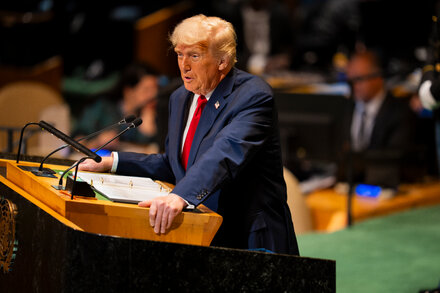As the United States grapples with ongoing debates surrounding immigration and highly skilled foreign workers, particularly under the potential resurgence of policies favoring stricter controls, China is actively pursuing a contrasting strategy, reportedly intensifying its efforts to attract global talent.
Former President Donald Trump’s past administration implemented significant restrictions on various visa programs, including the H-1B visa for specialized occupations, citing priorities of protecting American jobs and promoting domestic hiring. These policies led to increased scrutiny, longer processing times, and uncertainty for many foreign professionals seeking to work in the U.S. While specific future policies remain to be seen, a renewed focus on limiting foreign labor inputs could reshape the landscape for international talent in the American workforce.
In stark contrast, China is positioning itself as a destination for skilled professionals, especially those in critical technological sectors. Faced with its own demographic shifts and an ambitious drive for technological self-sufficiency and global leadership in areas like artificial intelligence, advanced manufacturing, and biotechnology, Beijing has rolled out initiatives to lure foreign experts. These programs often include streamlined visa processes, favorable residency terms, competitive salaries, and research funding.
The strategic divergence between the two global powers sets the stage for a potential international “talent war,” where highly skilled individuals may increasingly weigh career opportunities and immigration policies. For many foreign professionals, particularly those educated in the U.S. or experienced in its tech industry, the tightening of American visa regulations can make other countries, including China, more attractive alternatives. This shift could have long-term implications for the innovation ecosystems and technological competitiveness of both nations.
Observers note that China’s recruitment efforts are not new but have gained renewed urgency amidst geopolitical tensions and a desire to reduce reliance on Western technology and expertise. By offering a more welcoming environment for foreign workers, China aims to accelerate its domestic innovation capabilities and consolidate its position in key future industries.
Source: Read the original article here.





